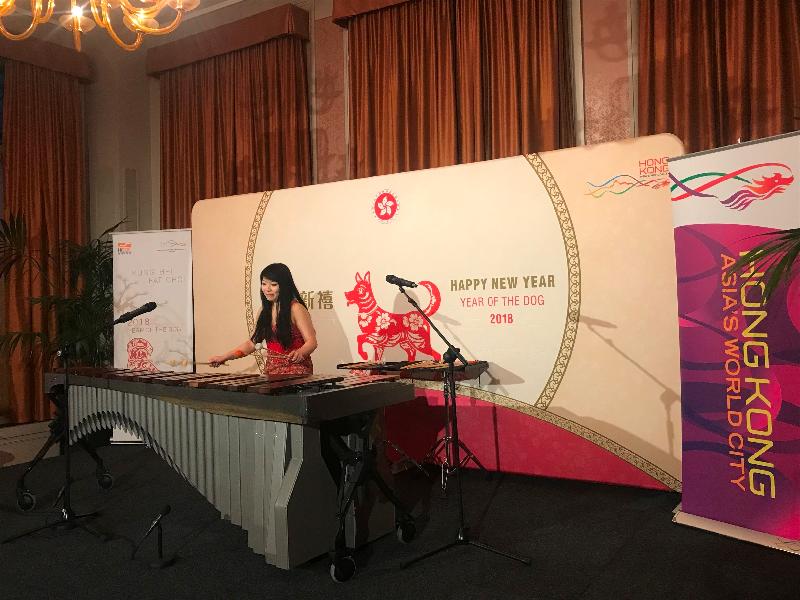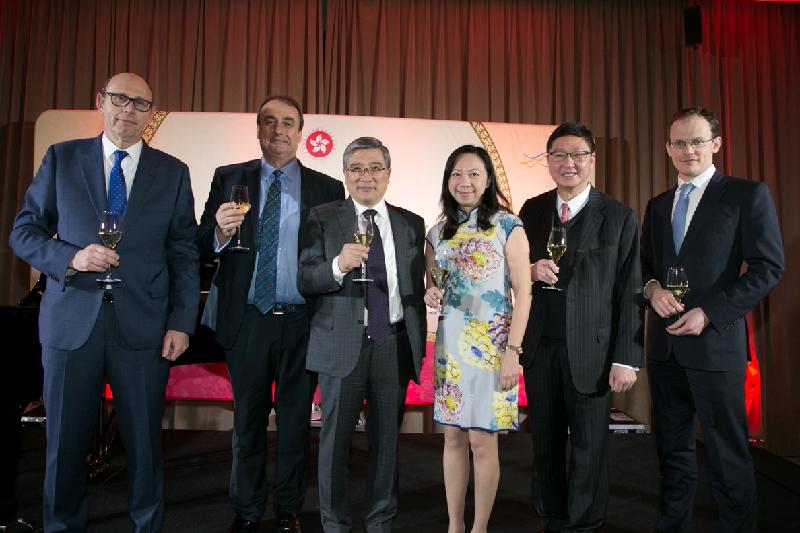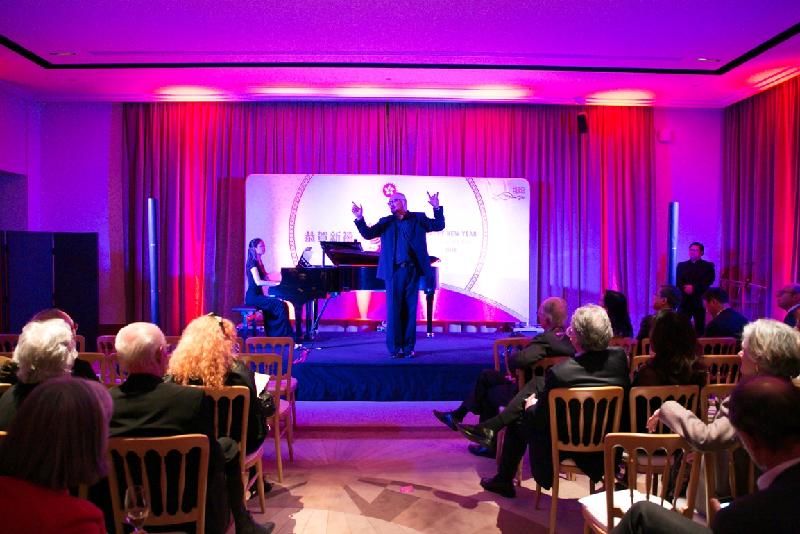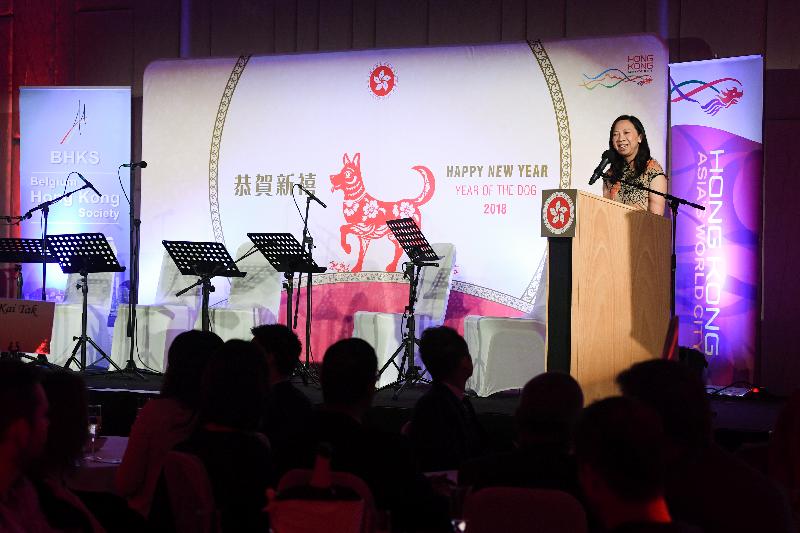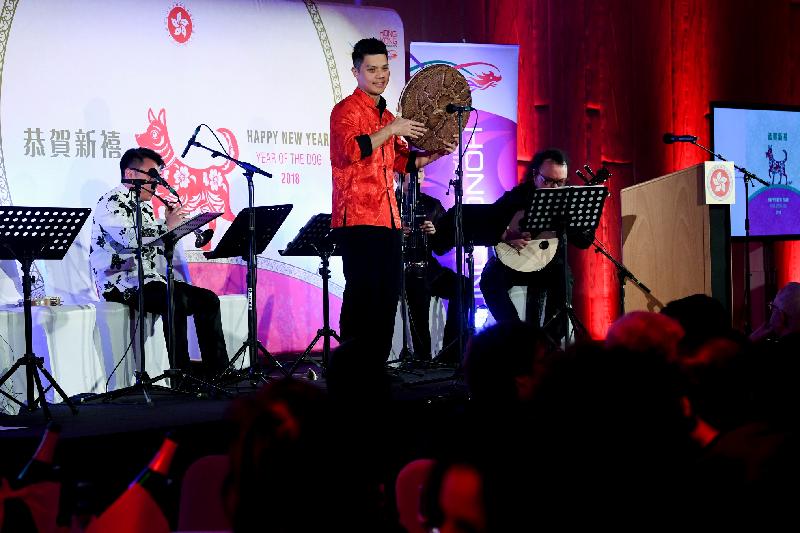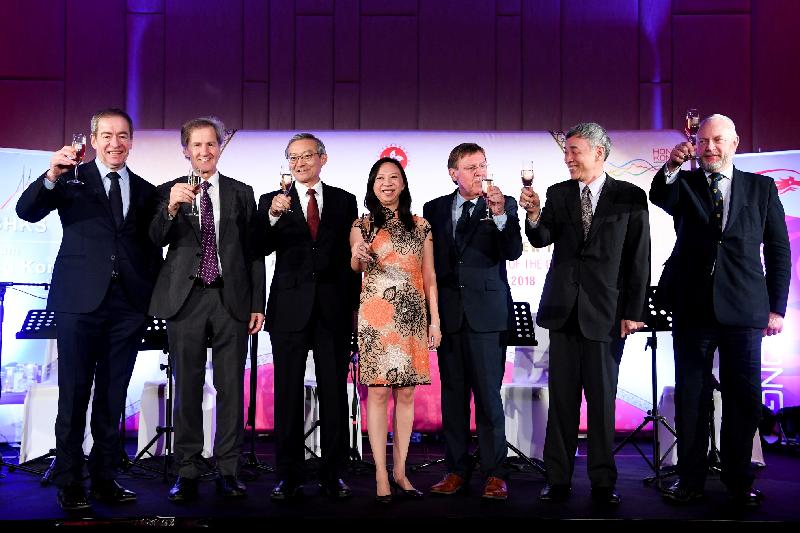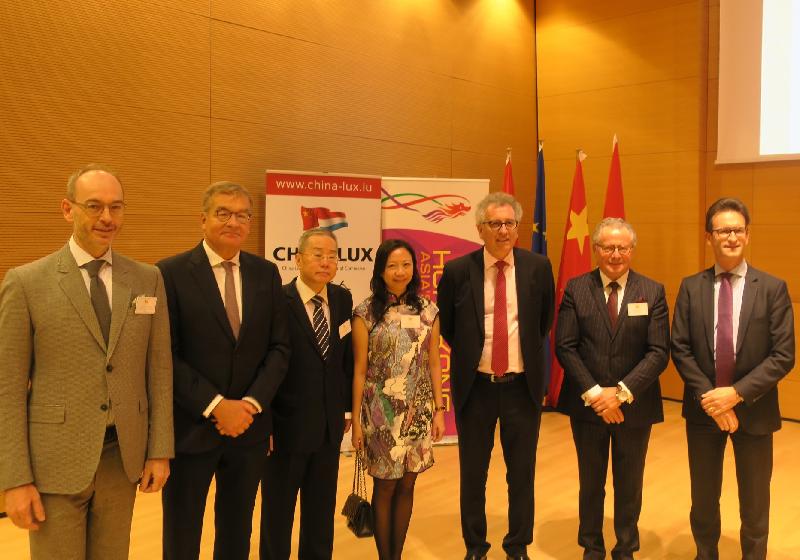Press contacts
- Preben Aamann
- European Council President Spokesperson
- +32 2 281 51 50
- +32 476 85 05 43
Today we discussed the political priorities of the EU that we want to reflect in the post-2020 multiannual budget. Budgetary negotiations are always difficult. However, this time the debate is taking place in a different geopolitical context around Europe and with Brexit in mind. And I am pleased to say that all the leaders approached it with open minds, rather than red lines. We agreed that the EU will spend more on stemming illegal migration, on defence and security, as well as on the Erasmus+ programme. Many leaders stressed the continued importance of cohesion policy, the Common Agricultural Policy, investments in research and innovation, and pan-European infrastructure. It is clear that the priorities are linked with the size of the budget, and in this context we need to address the revenue gap caused by Brexit.
Despite usual differences, all leaders are ready to work on the modernisation of the EU budget and its policies. And many are ready to contribute more to the post-2020 budget.
When it comes to the timing of our negotiations, we agreed that we should aim at speeding up the work, as compared with the previous negotiations. But finding an agreement in the European Council already this year seems really difficult. We will be able to better assess the situation once we have the Commission’s proposal.
The second discussion was about the EU institutions, very much a Brussels bubble topic.
We spoke about the new composition of the European Parliament after 2019. Leaders broadly supported the idea that fewer Member States should mean fewer seats, which means reducing the number of MEPs from 751 to 705.
On the issue of lead candidates — the so-called Spitzenkandidaten or Spitzenkandidatinnen — there was agreement that the European Council cannot guarantee in advance that it will propose one of the lead candidates for President of the European Commission. There is no automaticity in this process. The Treaty is very clear that it is the autonomous competence of the European Council to nominate the candidate, while taking into account the European elections, and having held appropriate consultations.
As regards transnational lists, leaders will come back to this issue in the future.
Jean-Claude also presented the idea of a merger of our two posts, but there was no appetite to take this forward. Above all, because it would substantially reduce the role of Member States in the EU.
Today I have also informed the leaders that I will present the draft guidelines on the future EU-UK relationship at the March summit. Our intention is to adopt these guidelines, whether the UK is ready with its vision of our future relations, or not. Naturally it would be much better if it were. But we cannot stand by and wait. I hope to have some more clarity about the UK’s plans next week, when I meet Prime Minister May in London.
This evening President Anastasiades and Prime Minister Tsipras informed us about the latest developments regarding Turkey’s illegal violations in the Eastern Mediterranean and in the Aegean. On behalf of all the EU leaders, I would like to express our solidarity with Cyprus and Greece, and urgently call on Turkey to terminate these activities. I reiterate our support for the sovereign right of the Republic of Cyprus to explore and exploit its natural resources, in accordance with EU and international law, including the UN Convention on the Law of the Sea.
These actions contradict Turkey’s commitment to good neighbourly relations and their normalisation with all Member States. We are ready to cooperate with Turkey and will assess at our March European Council whether the conditions are there to hold the Leaders’ Meeting with Turkey in Varna on 26 March.
Finally – and I believe – most importantly, on Syria. The Assad regime is brutally attacking innocent men, women and children. Its backers, Russia and Iran, are allowing this to happen. We urge them to stop this violence. The EU calls for an immediate ceasefire, and for providing urgent humanitarian access to and protection of civilians.
Trascript of the questions and answers session:
There won’t be automaticity in the selection of the next European Commission President, but do you agree with the assertion of supporters of the Spitzenkandidaten process that it is more democratic? Is the process as written currently in the Treaty less democratic ?
When it comes to the Spitzenkandidat process: the idea that the Spitzenkandidaten process is somehow more democratic is wrong. The Treaty says that the President of the European Commission should be proposed by the democratically elected leaders of the Member States and that he or she should be elected by the democratically elected members of the European Parliament. This is the double democratic legitimacy of the Commission President. Cutting away any of the two sources of legitimacy, would make it less democratic, not more. Of course, being a Spitzenkandidat doesn’t exclude you from becoming the future President of the European Commission. I am absolutely sure it might even increase the chances, it’s obvious, but there is not and cannot be no automaticity.
On conditionality, did the remarks made by Chancellor Merkel yesterday had any impact on the debate today? Were there any reactions on conditioning payments out of the next MFF on the reception of refugees?
I’ve heard only positive reactions to this opinion. I was positively surprised because conditionality was not questioned. For example, Polish Prime Minister Morawiecki said that Poland is also ready to support conditionality, but that conditionality should be built on very objective criteria, but I think this is not a controversial opinion. Today the discussion was very general, but, as for now, the possible conditionality is less controversial than expected.
You will be in London next week. The Cabinet seemed to have agreed on something ambitious “manage divergence”. Is this the kind of clarity you are looking for? What are the implications for the guidelines in March on the future relationship you will adopt?
I’m glad that the UK government seems to be moving towards a more detailed position. However, if the media reports are correct, I am afraid that the UK’s position today is based on pure illusion. It looks like the “cake philosophy” is still alive. From the very start there has been a key principle of the EU27 that there can be no “cheery picking” and no single market “à la carte”. This is and will continue to be a key principle without any doubt. Next week I will meet PM May in London to discuss the UK’s position and in March the EU27 will adopt new guidelines as regard the future relationship. I’m absolutely sure that we’ll be extremely realistic, as 27, in our assessment of possible new proposals.
About the recent tensions with Poland. Is this the result of a misunderstanding or of a bad will on either sides?
I talked to Prime Minister Morawiecki, on the margins of the meeting. I gave him my assessment of the situation in which Poland has found itself. The conclusions from my meeting with the European leaders, during which I also raised some of these questions, and I tried to defend the good reputation of our country during these talks, which is not a simple task at the moment. I think PM Morawiecki has a clear understanding now of what emerged from our discussion. I told Mr Morawiecki that the situation is very serious and directly affects Polish interests, the reputation of Poland and Poland’s standing in the world. There is only one piece of advice I can give: we must do everything to stop the two waves must be stopped. First of all, the wave of bad opinions about Poland and this wave is taking on the proportions of a tsunami. The second wave that must be stopped is the wave of a very injudicious anti-Semitic excesses in statements been made in Poland. The government has the ways to stop both of these waves if it has the will to do so. We have all done a lot of hard work in Poland over the last 30 years, including me, to ensure that Poland has good relations with the outside world including with Israel and the Jewish community. We can not allow anyone to ruin all that work in the space of just a few weeks. But it is not yet too late for concrete action to be taken. It is not too late for common decency.
Visit the meeting page Download as pdf
